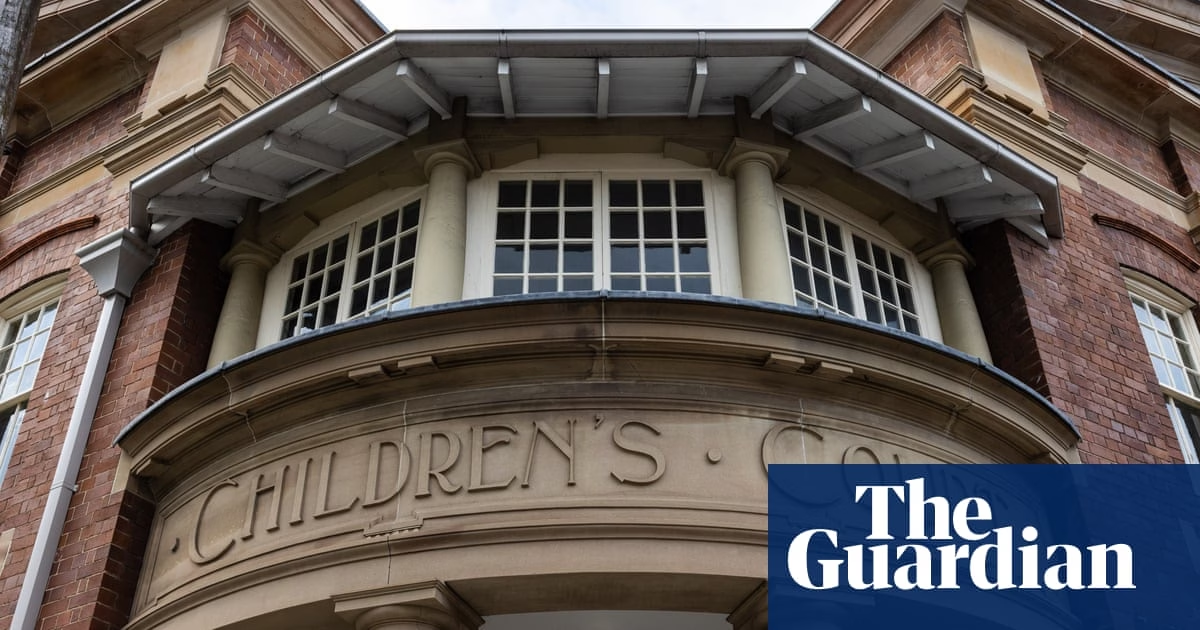A centuries-old assumption that children between the ages of 10 and 14 are not fully aware of the difference between right and wrong is under review in New South Wales following a dramatic fivefold decrease in youth criminal records. The Attorney General’s Office in NSW announced that it will assess how the principle of “doli incapax,” meaning “incapable of evil” in Latin, is applied in criminal cases and examine its impact on interventions, potential improvements, and consider a framework for legislation changes.
The legal principle of doli incapax is applicable in NSW for children from the age of 10 up to 14, though this can be challenged by proving that a child understood their actions were seriously wrong.
Geoffrey Bellew SC, the chair of the state parole authority and a former supreme court judge, and Jeffrey Loy, a former NSW deputy police commissioner, will lead the review, said Michael Daley, the state attorney general, on Thursday.
In the 2016 high court ruling, clarity was provided on the doli incapax principle, mandating prosecutors to prove that a child understood the gravity of their actions when committing a crime. Since then, conviction rates for children in the age group of 10 to 13 years have significantly decreased.
A NSW Bureau of Crime Statistics and Research (Bocsar) report showed that the percentage of children aged 10-13 with a proven outcome in the NSW children’s court dropped from 76% in 2015-16 to 16% in 2022-23. Charges were withdrawn in more than half of the cases in 2022-23, a pattern also seen in Victoria and South Australia, but not in Queensland and Western Australia.
Daley acknowledged the long-standing existence of the common law presumption of doli incapax across all Australian jurisdictions and affirmed by the high court. He stated, “Recently, concerns have arisen about the application of doli incapax. Therefore, I initiated this review to carefully consider any possible improvements and examine the potential for legislative reforms.”
The attorney general’s office noted that the results raised concerns about the most effective methods to support young people to reduce future criminal activity.
Aboriginal children and those from regional and remote NSW are disproportionately represented in the state’s criminal justice system, with legal groups advocating for an increase in the age of criminal responsibility to 14 and recommending the removal of the doli incapax presumption altogether.
Camilla Pandolfini, the CEO of Redfern Legal Centre, argued that children “should not end up in prison” and that incarceration does not address the underlying causes of crime, but instead poses the risk of increased recidivation. She suggested that the focus should be on crime prevention and increased funding for Aboriginal community organizations and local services in rural and regional communities.
The controversial youth bail laws have recently been extended in NSW despite warnings from experts that this will not reduce crime in the long term and some opposition from within the Labor party.
Paul O’Reilly, acting deputy secretary for system reform at the Department of Communities and Justice, commented in a budget estimates hearing that the youth justice system is currently operating near full capacity, with increases in offending and violence contributing to higher numbers of children in detention. However, short and medium-term youth crime rates in NSW have remained stable.
Bocsar data also showed a significant rise in young people engaging in shoplifting and weapon possession.
Source: https://www.theguardian.com/australia-news/2025/may/08/doli-incapax-nsw-review-law-child-criminal








